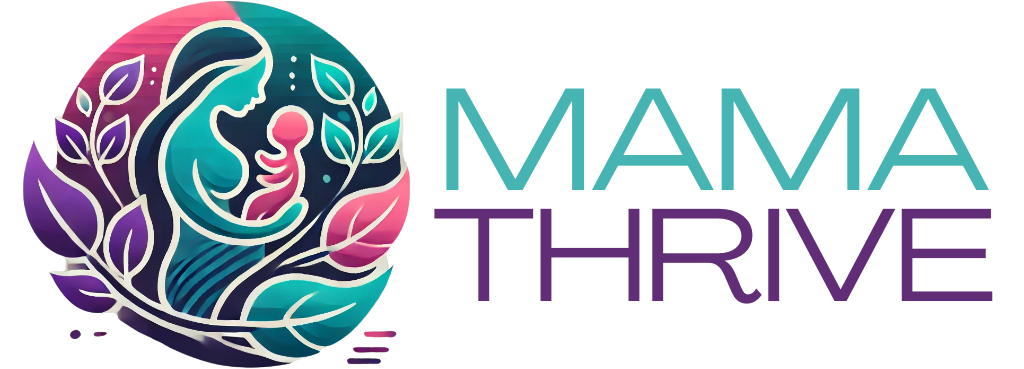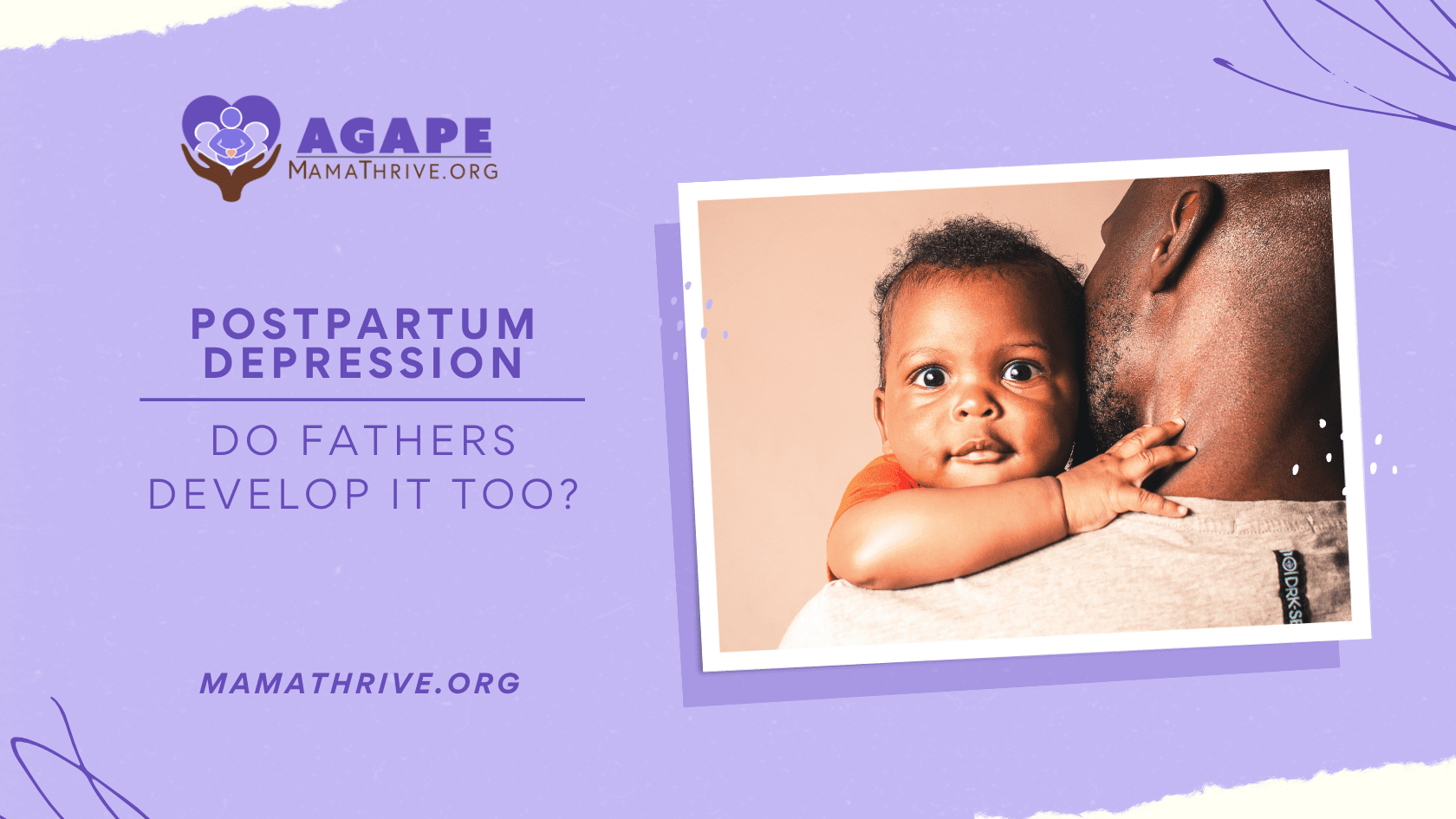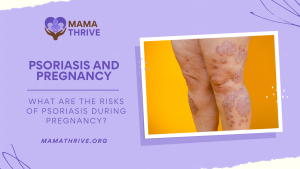Welcoming a new baby into the world is an incredible and joyous experience, but it can also be overwhelming and challenging for both parents. While postpartum depression is often associated with mothers, there is growing recognition that fathers can also experience this mental health condition. In this blog post, we delve into the topic of postpartum depression in fathers, exploring its prevalence, impact, and the importance of addressing it. Join us as we shed light on this often overlooked aspect of the postpartum period and strive to create awareness and support for fathers who may be facing these challenges. So, let’s dive in and explore the world of postpartum depression from a father’s perspective.
Prevalence of Postpartum Depression in Fathers
The prevalence of postpartum depression is not limited to mothers alone; it also affects a significant number of fathers. While postpartum depression in fathers may not receive as much attention as maternal postpartum depression, it is a real and important issue that needs to be addressed. Research has shown that approximately 10% of fathers experience symptoms of postpartum depression within the first year after their child’s birth. This condition can have a profound impact on both the father’s mental well-being and the overall family dynamics, affecting the father-infant relationship and the overall family functioning.
Learn more about postpartum depression.
A study conducted shed light on the prevalence of postpartum depression in fathers. The researchers followed 5,089 fathers from the prenatal period through the first year after childbirth. They found that 4.3% of fathers experienced significant depressive symptoms during the postpartum period, with the highest prevalence occurring three to six months after birth. The study also revealed that paternal postpartum depression was associated with maternal postpartum depression, suggesting a reciprocal relationship between the well-being of both parents. These findings emphasize the importance of recognizing and addressing postpartum depression in fathers to promote the overall health and functioning of the entire family unit.
Contributing Factors

Postpartum depression in fathers can be influenced by various factors that contribute to its development. While the exact causes are not fully understood, research suggests that several factors play a role in increasing the risk of paternal postpartum depression. First, significant hormonal changes occur in fathers during their partner’s pregnancy and after childbirth, including decreased testosterone levels and increased prolactin levels. These hormonal fluctuations can impact mood and contribute to the development of depression.
Furthermore, the presence of pre-existing mental health conditions, such as anxiety or depression, can significantly increase the likelihood of postpartum depression in fathers. A study examined the association between pre-existing mental health disorders and paternal postpartum depression. The findings revealed that fathers with a history of mental health disorders were at a higher risk of experiencing postpartum depression after the birth of their child. This highlights the importance of identifying and addressing mental health concerns in fathers before and during the postpartum period.
Additionally, the quality of the relationship between the parents can impact the risk of postpartum depression in fathers. Another study explored the role of relationship factors in paternal postpartum depression. The research found that relationship dissatisfaction, lack of social support, and high levels of parenting stress were associated with an increased risk of postpartum depression in fathers. This suggests that fostering healthy relationships, providing adequate social support, and addressing parenting stress are crucial in preventing and addressing postpartum depression in fathers.
Learn more in detail about how postpartum depression develops.
Unique Challenges for Fathers with Postpartum Depression
While postpartum depression can affect both mothers and fathers, fathers often face unique challenges when it comes to recognizing and addressing their mental health during the postpartum period. One significant challenge is the societal expectation for fathers to be stoic, strong, and emotionally stable. This societal pressure can lead fathers to suppress their emotions and hesitate to seek help when experiencing symptoms of postpartum depression. Consequently, fathers may feel isolated, misunderstood, and reluctant to discuss their struggles, exacerbating the impact of postpartum depression on their mental well-being.
Another challenge that fathers face is the perceived shift in their role and identity. With the arrival of a new baby, fathers may experience changes in their lifestyle, responsibilities, and dynamics within their relationship. Adjusting to these changes can be overwhelming and may contribute to feelings of stress, anxiety, and depression. Moreover, fathers may also struggle with the sense of exclusion or marginalization that can occur within healthcare settings or support networks, as the focus tends to primarily revolve around the mother and the baby.
A study conducted in 2012 sheds light on the unique challenges faced by fathers with postpartum depression. The researchers explored the experiences of fathers and found that they often felt invisible, powerless, and unsure about their role in the family. Fathers expressed concerns about not receiving adequate support, understanding, and validation from healthcare providers, which hindered their ability to cope with postpartum depression effectively. These findings underscore the need to create inclusive and supportive environments that recognize and address the unique challenges faced by fathers during the postpartum period.
Impact on Family Dynamics

Postpartum depression for fathers can have significant implications for family dynamics, affecting not only the father’s well-being but also the overall functioning of the family unit. When fathers experience postpartum depression, it can strain the parent-child relationship, hinder the bonding process, and affect the father’s involvement in caregiving activities. The emotional and behavioral changes associated with depression may lead to decreased sensitivity, responsiveness, and engagement with the baby, which can impact the child’s development and overall family dynamics.
Furthermore, maternal well-being is closely intertwined with paternal postpartum depression. Research suggests that when fathers experience depression, it increases the likelihood of maternal postpartum depression as well. This reciprocal relationship between parental mental health can create a negative cycle, where both parents struggle with their emotional well-being, leading to heightened stress, conflict, and reduced support within the family. These challenges can impact the cohesiveness of the family unit, disrupt communication, and affect the overall functioning and harmony of the household.
Recognizing and Addressing Paternal Postpartum Depression
Recognizing and addressing postpartum depression in fathers is crucial for promoting their mental health and overall well-being. The first step in this process is to raise awareness about the signs and symptoms of postpartum depression in fathers. While fathers may experience similar symptoms as mothers, such as sadness, irritability, and loss of interest, they may also exhibit unique signs such as increased anger, frustration, or engaging in risk-taking behaviors. By educating healthcare professionals, families, and fathers themselves about these symptoms, we can encourage early identification and intervention.
Learn how to cope with postpartum depression.
Creating a supportive environment where fathers feel comfortable seeking help is equally important. Healthcare providers play a vital role in recognizing and addressing paternal postpartum depression. By routinely screening fathers for their mental health during prenatal and postnatal visits, healthcare professionals can identify those at risk and provide appropriate support and referrals. Additionally, family members, friends, and partners can offer non-judgmental support, active listening, and encouragement for fathers to seek help when needed. Open communication and destigmatizing conversations around paternal postpartum depression can go a long way in facilitating early intervention and recovery.
Furthermore, providing accessible resources and support services tailored to fathers is crucial. This can include counseling or therapy services specifically addressing paternal mental health, support groups, online forums, and helplines that offer guidance and a safe space for fathers to share their experiences. Employers can also play a role by promoting work-life balance, flexible schedules, and parental leave policies that allow fathers to actively participate in their child’s early development without compromising their job security. By addressing the unique needs and challenges faced by fathers, we can provide them with the necessary tools and support to navigate the postpartum period and overcome the challenges of depression.





